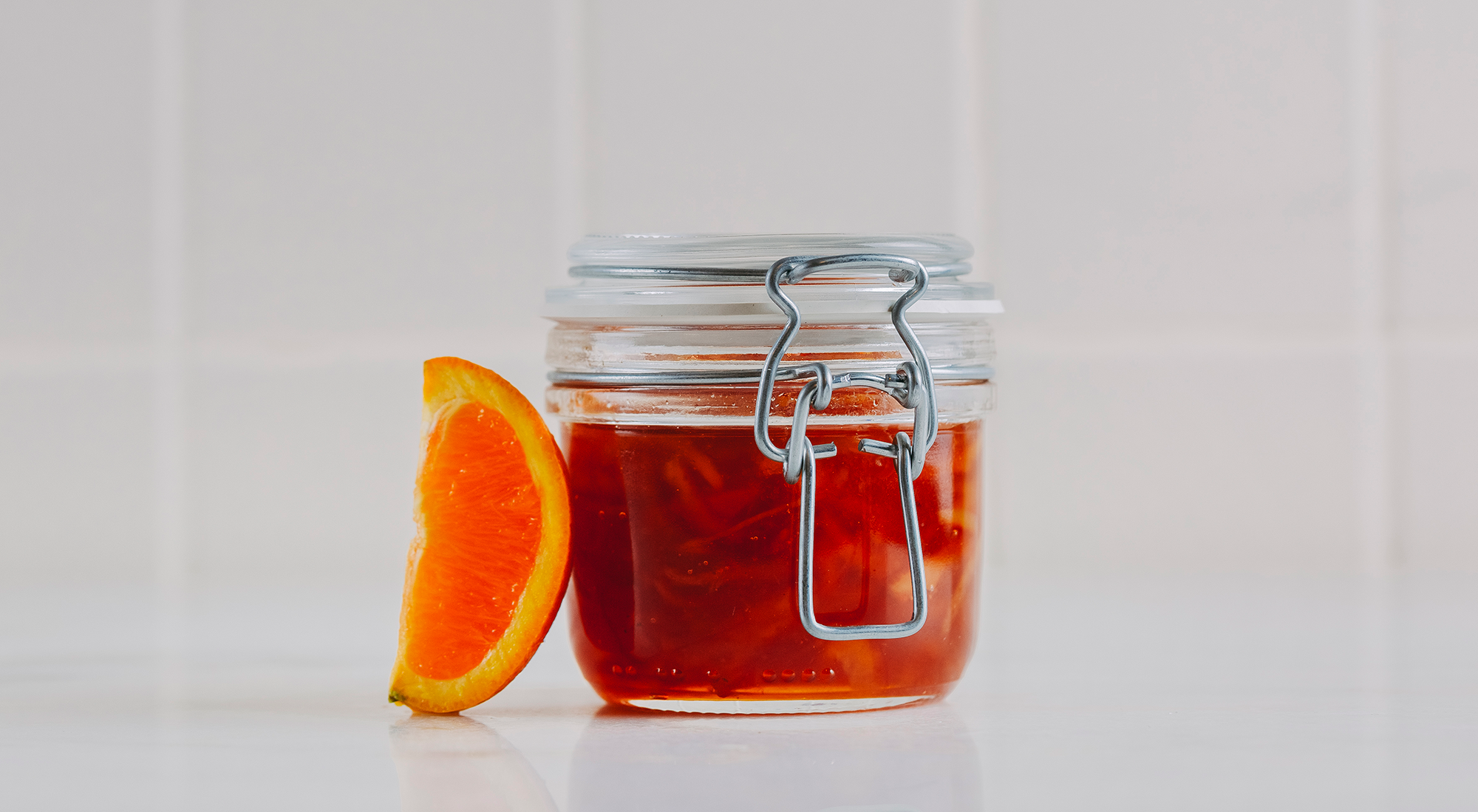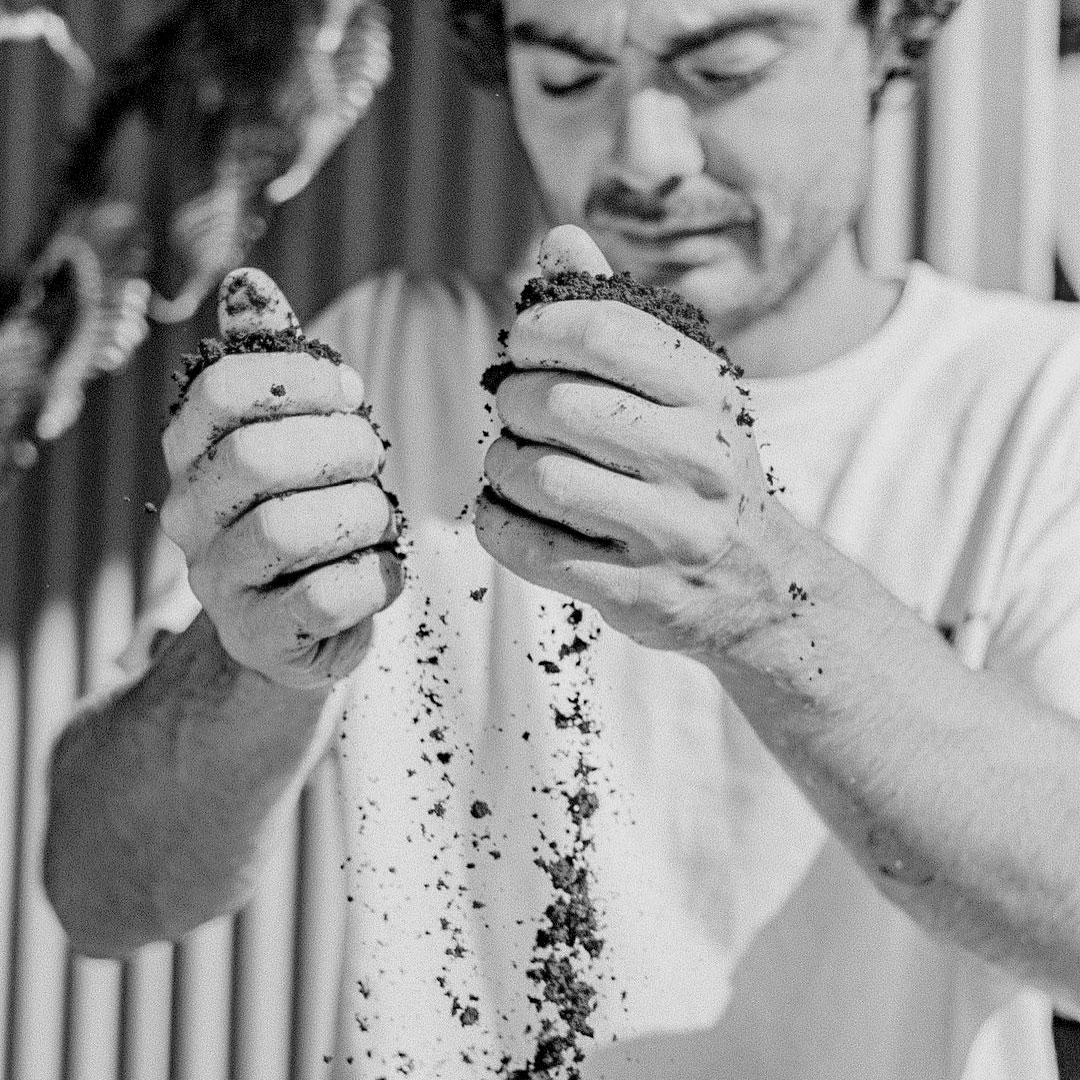
The fabulous fate of our orange peel
In 2010, the Padaria Portuguesa’s fresh natural orange juice first became a part of Lisbon folks’ daily routine. Twelve years later, the circular economy has given us the great idea of using the waste from this product to make… marmalade! We can explain…
Don’t worry! You’ll still be able to enjoy our fresh orange juice every day, at all of our outlets. This ‘transformation’ is, in truth, more of a ‘repurposing’. On average, we squeeze around 5 tonnes of oranges every day to make our fresh juices. Obviously, once the juice has been squeezed, we are left with the orange peel – and we can do one of two things with this: throw it in the bin, or reuse it. We’ve made the decision to opt for the second of these choices.
So – we take the peel, remove the pith from the inside, add orange and lemon juice, water, cinnamon, and sugar, and make a delicious, home-made marmalade which we then put it in a jar that you can take home with you. With 1500 oranges, we can produce around 750 kg of this sustainable marmalade, which is perfect for spreading on a slice of one of our artisanal or gluten-free loaves, or on our artisanal toast at breakfast (or just for a snack!)
This is just one of the initiatives we have undertaken in our attempt to reduce food waste and invest in the circular economy.


